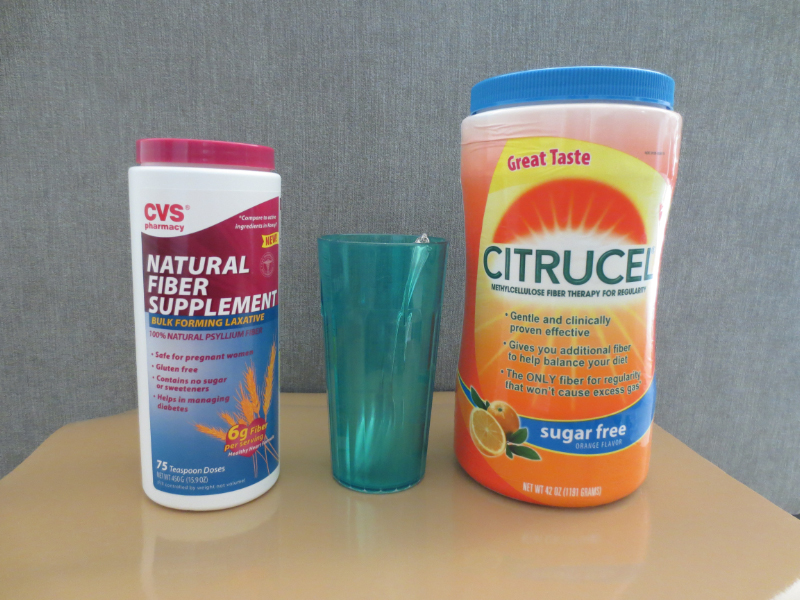An Important Part of Your Diet
Fiber, or what we used to call roughage, is an important part of a good, healthy diet. Foods with fiber help us in a number of ways. They help satisfy our appetite without adding lots of calories and because they take longer to chew, they help us reach the point where we feel full before we overeat. Since fiber is not absorbed and moves through the digestive tract intact, it helps keep food moving through the stomach, small intestine and colon. It also helps prevent constipation or hard stools by making stools softer and more bulky. Fiber may also help prevent hemorrhoids and diverticuli or pouches in the colon. In addition, fiber provides nutrients and vitamins and may help lower cholesterol levels. Because it slows the absorption of sugar, fiber may reduce the risk of developing type 2 diabetes and may help diabetics control their blood sugar levels.
Sources of Fiber
Some of the most important sources of fiber include vegetables, fruit, beans, peas, nuts and whole grain breads and cereals. You may have noticed that some good sources of fiber are incompatible with a gluten-free diet, such as whole grains like wheat, oat and barley. Fiber can also cause gas, particularly beans, but you can minimize their propensity to cause flatulence by soaking them overnight in water and then disposing of the water. As a last resort, Beano can help by providing a natural digestive enzyme that will prevent gas. Just how much fiber should you have each day. There’s nothing complicated about the recommended guidelines. Just eat at least five servings (a total of two and a half cups) of fruits and vegetables each day along with some of the other foods mentioned above and you’re good to go! And if that isn’t enough to keep things moving add some powdered fiber in the PM for a BM in the AM.
Powdered Fibers
It’s a good idea to check with your healthcare provider if you have any questions before you begin using these commercially available fiber products. It is best to use sugar free products like the two mentioned below. Citrucel has a pleasant taste and is less likely to cause gas than some other fiber products. Always mix the recommended dose with a full 8 oz. glass of water, stir thoroughly and drink promptly to prevent choking. These products are recommended for adults and children over the age of 12. Check with your pediatrician for recommendations on treating constipation in children.
Psyllium Fiber (Konsyl or the less expensive CVS version)
Methylcellulose Fiber (Citrucel)
Doctor John’s Fiber Cocktail Recipe: mix one slightly rounded teaspoon each of psyllium and methylcellulose in 10 oz. water and take one hour before bedtime.

Fantastic write-up. I’d been continually checking out your blog! Very useful info and precisely what my spouse and I have been looking for. Many thanks.